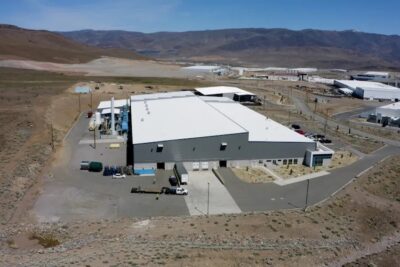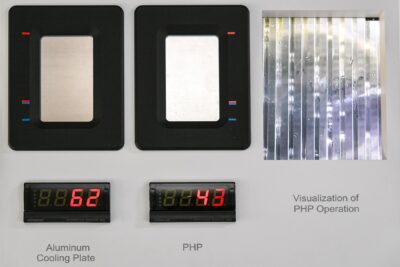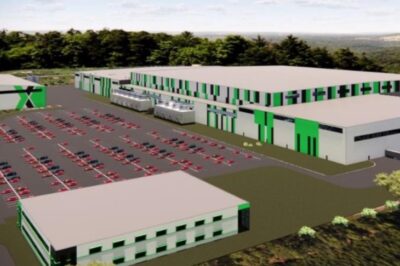Ultium Cells receives $2.5 bn in DOE funding
The Loan Programs Office of the DOE announced the closing of the loan today. The announcement follows a conditional commitment the federal agency made in July. The money comes from the Advanced Technology Vehicles Manufacturing (ATVM) programme, which has not funded a new programme since 2010. The last AVTM borrower was Tesla, but the – then – very small start-up had repaid the loan early in 2013.
Now this loan approval makes Ultium Cells the first company to receive funding through the Department of Energy exclusively for the production of battery cells for electric cars. Specifically, the DOE expects Ultium Cells to manufacture large format, pouch-type cells that use state-of-the-art chemistry to deliver more range at less cost. They also mention GM’s work to eliminate 100% of tailpipe emissions from its new U.S. light-duty vehicles by 2035.
Naturally, GM and LGES had begun moving forward on their plans to install three largescale battery factories before the loan confirmation. Ultium Cells’ first plant in Ohio started operations in September. The joint venture’s second factory next to GM’s vehicle plant in Spring Hill, Tennessee shall come online next year and may be bigger than planned. Another battery cell factory was announced in Lansing, Michigan, where General Motors also operates two vehicle plants, with production to start in 2024. August also saw news coming in that LGES and GM were considering a fourth site in New Carlisle in the US state of Indiana as reported.
As for today’s loan confirmation, the DoE emphasises that the AVTM scheme fits into the Bipartisan Infrastructure Law—$7.5 billion for EV charging infrastructure and more than $7 billion for the critical minerals supply chains necessary for batteries, components, materials, and recycling. The agency also highlighted the Inflation Reduction Act under which it made “critical updates” to the ATVM program by appropriating $3 billion for the costs of direct loans to remain available through 30 September 2028, including expanded uses for medium- and heavy-duty vehicles, maritime vessels, aviation, and other transportation modes.
“DOE is flooring the accelerator to build the electric vehicle supply chain here at home—and that starts with domestic battery manufacturing led by American workers and the unions that support them,” said U.S. Secretary of Energy Jennifer M. Granholm. “This loan will jumpstart the domestic battery cell production needed to reduce our reliance on other countries to meet increased demand and support President Biden’s goals of widespread EV adoption and cutting carbon pollution produced by gas-powered vehicles.”
As of the end of October, the DOE has attracted 98 applications for projects across the country totalling over $104 billion in requested loans and loan guarantees.
The statement further considers the Inflation Reduction Act “a clear demand signal for EV batteries as the auto industry races to build the vehicles of the future right here in America”.
Indeed, Ultium Cells is not the only company “racing” to install production capacity. For example, Hyundai and SK On just confirmed Georgia as the place to build their new battery factory; it will also be one of three planned facilities.





0 Comments